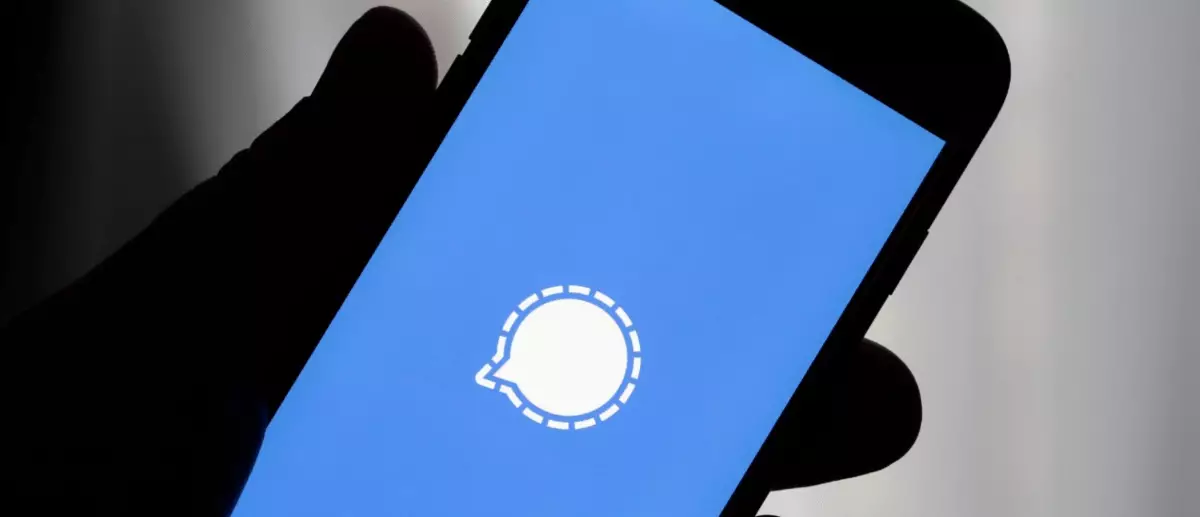The encrypted messaging platform Signal has unwittingly surged into the spotlight due to a glaring lapse in security protocol among high-ranking officials in the Trump administration. In a bizarre twist, Vice President J.D. Vance and Secretary of Defense Peter Hegseth were engaged in confidential discussions regarding a military operation against the Yemeni Houthis. This sensitive communication, instead of being supported by robust security measures, fell prey to an embarrassing human error: an unauthorized addition of Atlantic editor-in-chief Jeffrey Goldberg to the group chat. This indiscretion not only exposed confidential military discussions but also painted a vivid picture of the fragility of governmental communication security.
The Price of Trust: Signal’s Role in Sensitive Communications
At its core, Signal is designed to prioritize consumer privacy and encrypted messaging, not as a fortified platform for government operations. This incident raises significant concerns about the appropriateness of utilizing such consumer-oriented tools for high-stakes discussions. Signal’s encryption technology effectively safeguards user messages from prying eyes, yet this event highlights a fundamental misalignment with its intended use. Simply put, while Signal ensures that messages remain private, it cannot compensate for lapses in user judgment or institutional oversight. It’s ironic that an application heralded for its secure features has inadvertently become embroiled in a discussion about governmental accountability and operational security.
The Ripple Effect: Increased Popularity and Downloads
In an unexpected turn, the media exposure surrounding this incident triggered a notable upswing in Signal downloads. According to data from app intelligence firm Appfigures, on the day the story broke, Signal downloads increased by a staggering 28% worldwide. In the United States alone, downloads surged by 45%, while Yemen saw a remarkable 42% increase. This rise in popularity is indicative not only of public interest in secure communication options but also serves as a striking suggestion that crises can lead to opportunities in the tech arena. It raises a tantalizing question: is the allure of enhanced privacy pushing more users toward encrypting their conversations?
The Implications of Security Protocol in Government
This incident underscores broader implications for security protocol compliance within government operations. The Pentagon and White House must critically evaluate and fortify their communication strategies, particularly when involving sensitive information. A simple misstep—like mistakenly adding an outside journalist to a classified discussion—should not lead to astronomical consequences for national security. This breach serves as a wake-up call for all government entities: rather than solely relying on innovative technologies like Signal, it’s imperative to instill a culture of meticulous security awareness and vigilance.
In the end, while Signal’s encryption remains a pivotal part of modern communication, this case illustrates a broader necessity for stringent security measures. The incident not only affects the parties involved but also reverberates through public perception of government capability to safeguard sensitive information in an increasingly digitized world.

